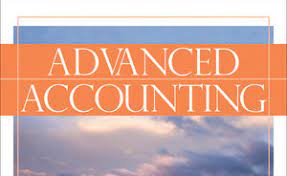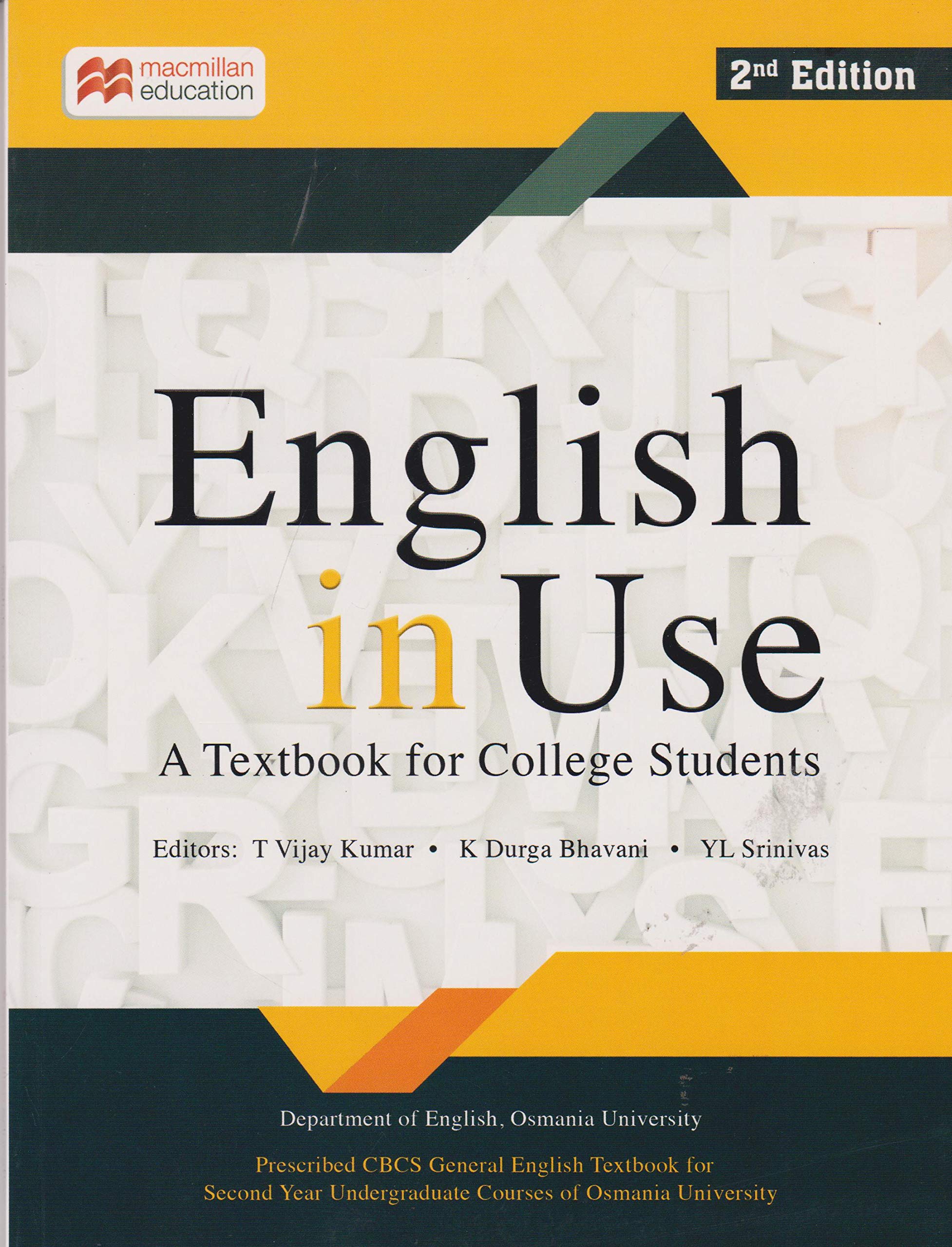Course Objective
1.Develop the student’s ability to deal with numerical and quantitative issues in business.
2.Enable the use of statistical, graphical and algebraic techniques wherever relevant.
Course Outcomes
CO1 Able to apply fundamental concepts in exploratory data analysis.
CO2 Develop skills in presenting data using appropriate diagrams or graphs.
CO3 Determine the value of the mean, the median, and the mode of grouped and ungrouped data.
CO4 Apply measures of location for central value of the data about which all the set of values of data lies.
CO5 Knowledge of average of variation and dispersion of values.
CO6 Calculate and interpret the various measures dispersion skewness and Kurtosis.
CO7 Understand the relation between two variables by correlation.
CO8 Apply different methods to find the strength of a linear association between two numerical variables.

- Teacher: NAGENDRA KUMAR GOLLAPUDI
Course description:
Advanced accounting is 5 credit course with 65 sessions for the semester.Advance Accounting focuses on advance concepts like partnership, Mergers and Acquisition, valuation of Goodwill and shares.
Course Objective:
To acquire accounting knowledge of Partnership firms and Joint stock companies.
Course Outcomes:| CO1 | Prepare Financial Statements in the form suitable for publication. | |
| CO2 | Understand consolidated financial statements. | |
| CO3 | Understand the Accounting concepts involved in Partnership form of business. | |
| CO4 | Understand about the procedures involved when debentures and shares are issued by the company. | |
| CO5 | Analyse the reasons and the logic behind the accounting procedures laid in the Act. | |
| CO6 | Get the practical exposures towards the few financing operations of the company. | |
| CO7 | Understand the context in various articles relating to the IPO’s and redemptions done by few companies. | |
| CO8 | Understand various case studies relating to admission, retirement of partners and dissolution of partnership firms | |

- Teacher: DURGA VAIDEHI G
Course Objective
- To expose students to a range of real -contexts where the English Language is used to communicate information,opinions,ideas and feelings.
- To integrate Knowledge and skills that equips students to engage with the practical,emotional, intellectual and creative aspects of language.
- To encourage them to think beyond the text
Course
Description:
The course
addresses the English language needs of the students at the undergraduate
level. The focus will be upon four categories: Prose, Poetry, Vocabulary, and Grammar. In
addition to these the last two units focus upon developing the writing skills
of students by including essay writing and report writing. The content of the
text raises questions of how English is used in India versus how it ought to be
used and thus engaging the debates about a “standard English” and the need of
adapting English to the local cadence and culture of India. Similarly, the
British and American variations of the language are included to orient the
students to broaden their view of English as an International language. Overall
the course will focus upon the critical thinking faculties of the students
concerning academic, linguistic, political, literary and ethical concepts.
The syllabus has been designed to develop linguistic and communicative competence of undergraduate students. The teachers also ask comprehension questions to stimulate discussion and based on the discussions the students are made to write short paragraphs /essays, participate in group discussions.
Course Outcomes:
The students will be able to:
- CO1 Read and interpret and analyze the implicit and explicit layers of meaning embedded in a poem.
- CO2 Identify poetic devices and the uncommon use of language in poetry.
- CO3 Understand the need for the English to be adapted to the local cultural
contexts of India.
- CO4 Develop interest in the debate whether art exists to serve some purpose or it is just for delight and enjoyment.
- CO5 Learn and use synonyms and antonyms, idioms, and the differences between the British and American variations of the English language.
- CO6 Improve language skills by learning about prepositions, connectives, and voice.
- CO7 Develop better writing skills and become adept in organizing one’s thoughts and ideas to write essays.
UNIT -I
Poem: Life, Charlotte Bronte, Prose: A Wrong Man in Worker’s Paradise, Rabindranath Tagore, Vocabulary: Synonyms, Antonyms Grammar: Prepositions
UNIT- II
Poem: Punishment in Kindergarten, Kamala Das, Prose: Toasted English, RK Narayan, Vocabulary: British and American English, Grammar: Voice
UNIT - III
Essay writing: Discursive Essay, Argumentative Essay, Vocabulary: Idioms, Grammar: Connectives

- Teacher: YAMINI G
Objective:
To expose students to the rigors of media management and equip them to be able to
manage the media in the marketing environment

- Teacher: Dr. KIRTI SUNIL BIDNUR